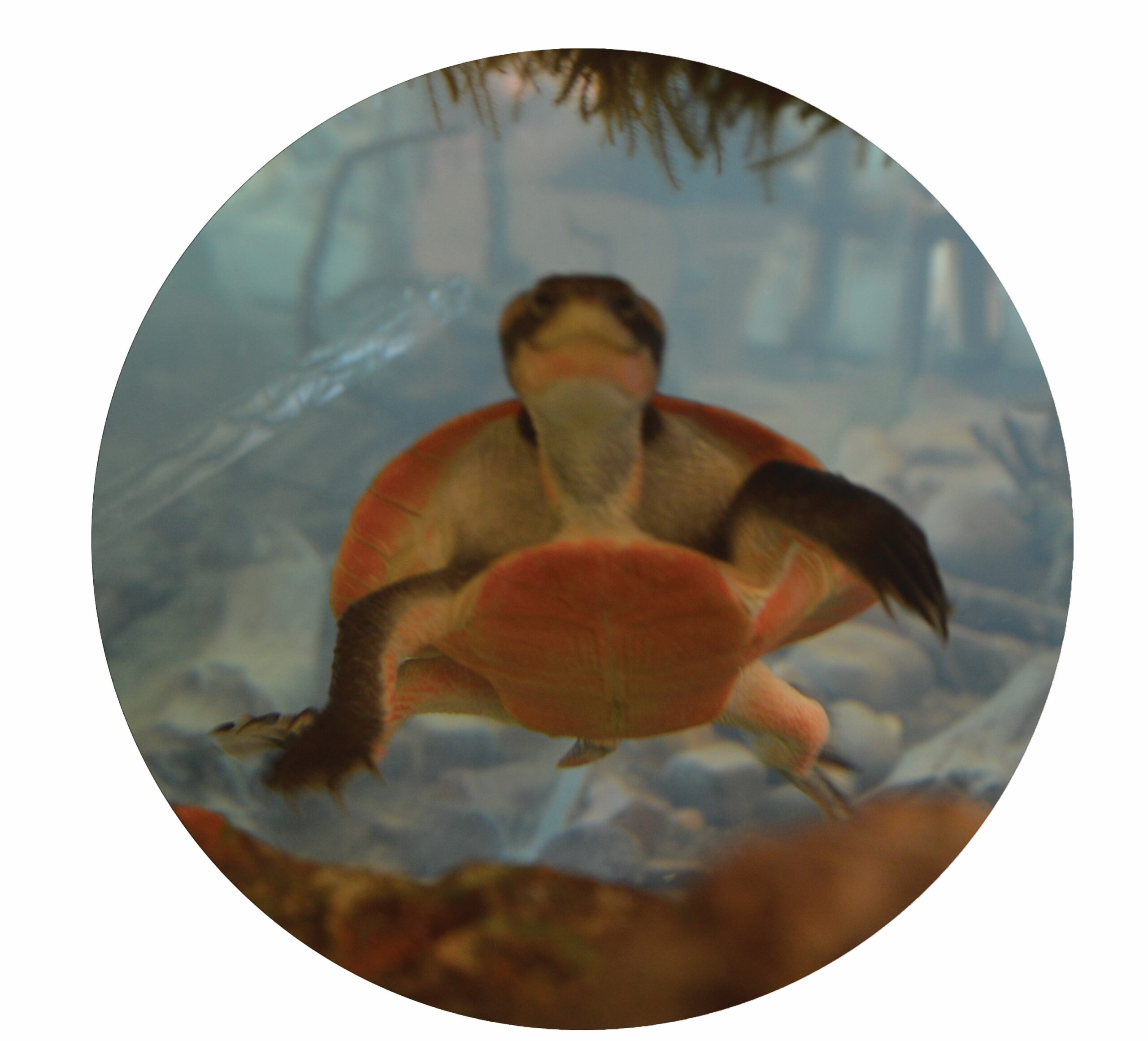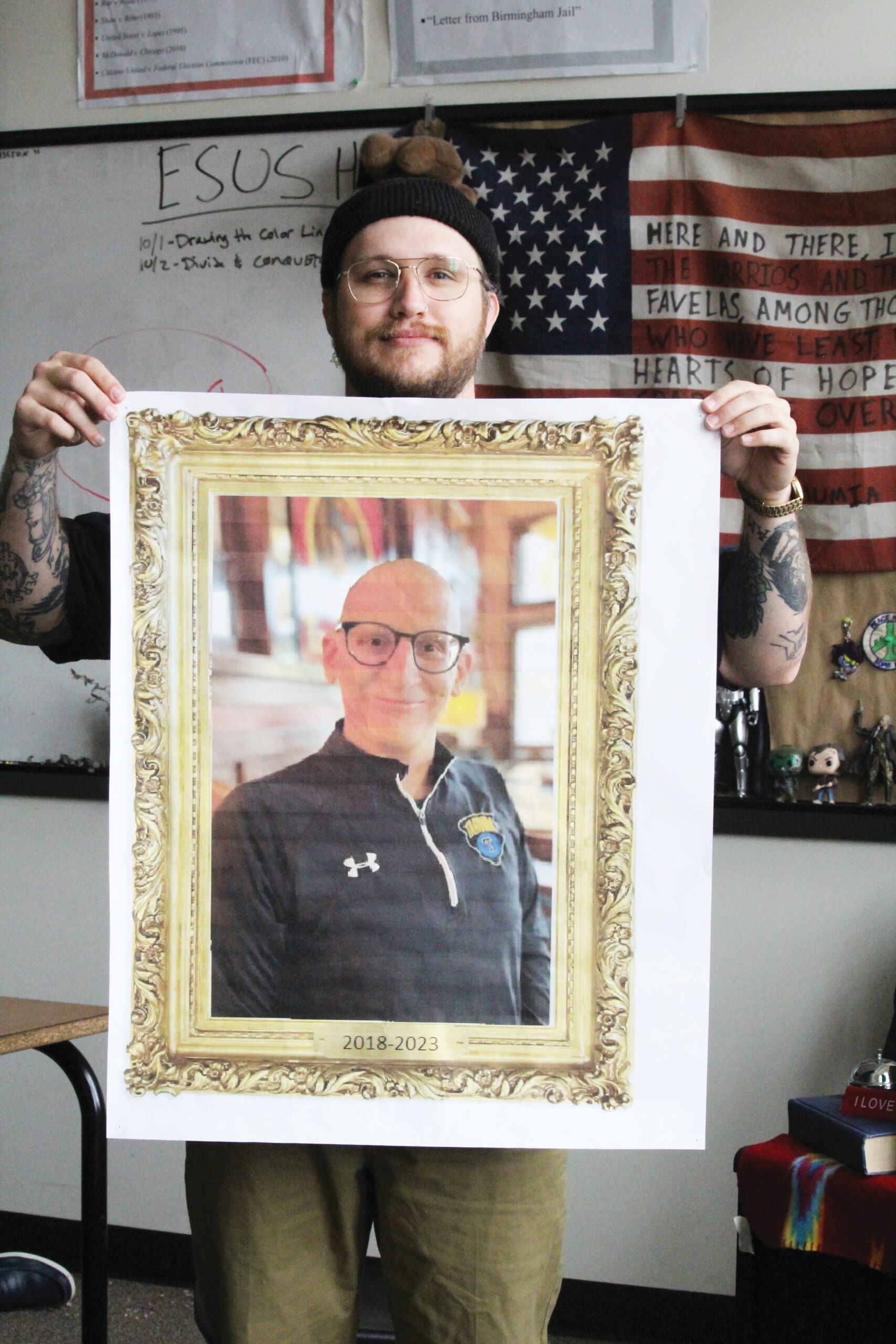On December 11, Roosevelt administration sent an email out to Roosevelt families alerting them of an incident that occurred during a 9th grade remote field trip. During the field trip, numerous Roosevelt students sent racist, ableist, derogatory language, and hate speech in the class’s Microsoft Teams chat.
The incident went under investigation by SPS Department of Technology Cybersecurity, which is still ongoing. Some of the students who participated in the chat logged in anonymously and were using the usernames of other RHS students. Other students were already known and their families were contacted. Principal Kristina Rodgers sent an email notifying families that she would be in touch with updates.
The transition to remote learning has made it easier for students to remain anonymous. Hiding behind a screen provides a layer of protection for people who wish to act in hateful ways. According to L1ght, an organization that monitors online harassment and hate speech, there has been a 70% increase in cyberbullying during the pandemic.
For Roosevelt to be a school that fosters a safe and welcoming environment, then issues like these need to be addressed. This incident is similar to those that happened this summer, when many Roosevelt and SPS students were “exposed” for using offensive and insensitive language, and behaving in hateful ways.
What do all of these incidents say about the culture of Seattle Public Schools and how can we prevent further events such as these? Multiple students did call out their peers for sending inappropriate and hurtful messages. Instead of standing on the sidelines quietly, many freshmen stood up to the poor behavior in the chat.
In Rodgers’ email she took a firm stance saying, “We absolutely need to commend the many students who served as upstanders versus bystanders to interrupt these events.”
One of the ways Roosevelt students have tried to address these past incidents has been through the new mentorship program for incoming freshmen. Over the summer Roosevelt’s Hands for a Bridge class came together with ASR and came up with a revised form of Link Crew. Each upperclassmen leader has a group of around 10 freshmen and they meet virtually twice a month with a list of topics to discuss.
One of these leaders, and a student who helped create the program, is senior Rachel Schachter. According to Schachter, the mentorship program “gives this year’s freshmen a space to make mistakes and to get more comfortable with having uncomfortable conversations.” For example, following what happened during the 9th grade remote field trip, each mentorship group gave the students space to talk about what happened.
When asked about Roosevelt’s response to incidents like these Schachter said, “I don’t usually feel like the school has a strong enough response to things like this but I understand it’s complicated.” This is why she and her classmates pushed for the mentorship program. The students wanted to push for a change that they weren’t seeing happen on its own. In the future they’re hoping to see more communication from the school and a change in the culture and conversations at Roosevelt.


